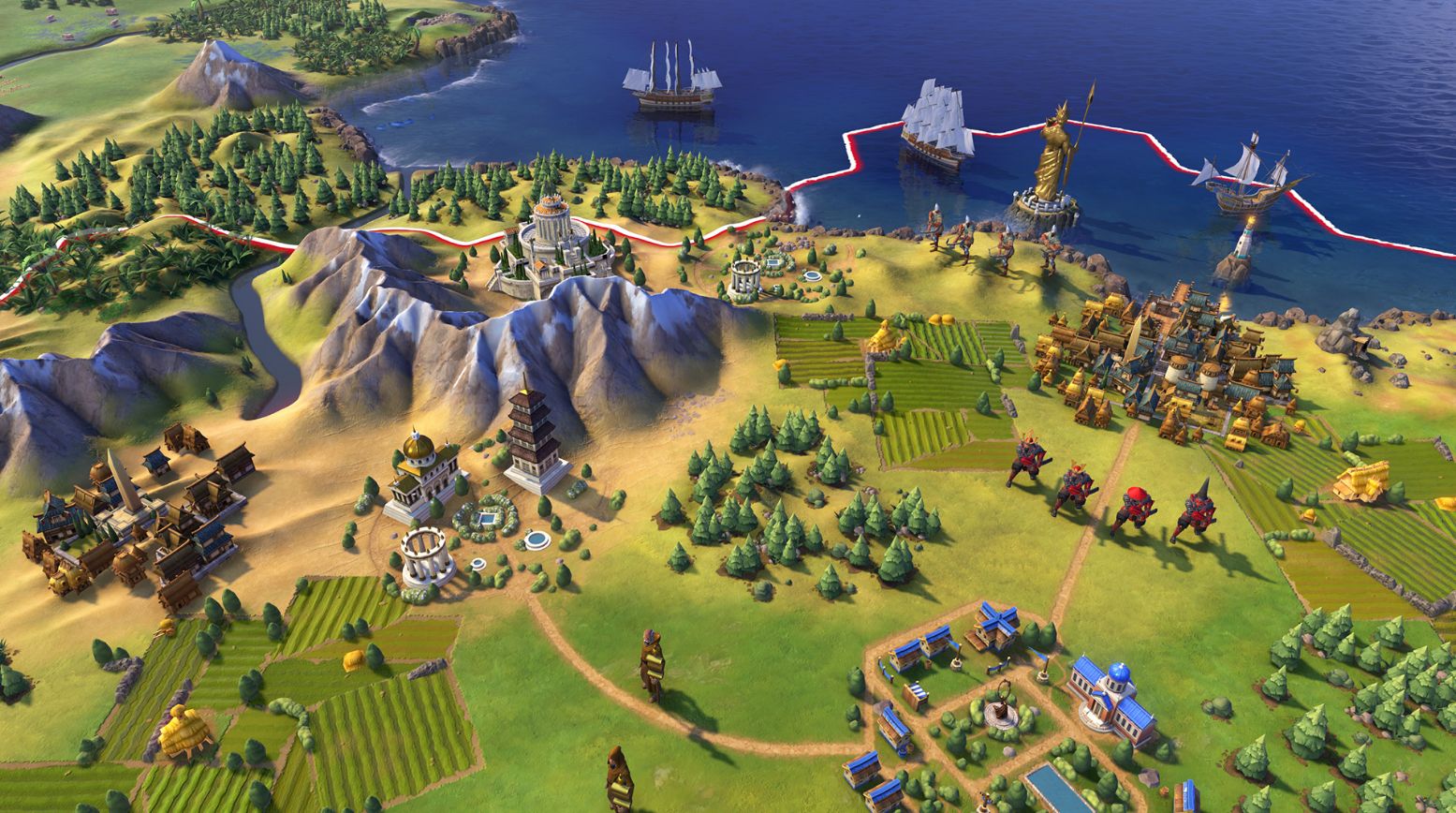

Aksumite Legacy will always grant faith regardless of whether that resource is being worked, so it’s a permanent buff that lasts forever. The number of tiles a city can use at once is based on its current population, so players need to choose which tiles to work based on their current population. Normally, cities gain yields from tiles or from buildings. Each improved resource, like horses or wheat, in the city’s range grants +1 faith to that city. Basically, building up lots of faith lets Ethiopia multitask!Īs Council of Ministers provides bonuses for having lots of faith, Aksumite Legacy, Ethiopia’s civilization ability, grants faith itself.

Ethiopia can tackle two parts of the game at once when they generate lots of faith, allowing them to focus on other areas. To win Civilization games, players will need to multitask their production and resources to create a balanced kingdom which is not slacking in any one field, whether this is in science research of economic developments. Council of Ministers lets Ethiopia acquire these yields, and make progress through the tech trees, while they build up faith. These 2 yields can be harder to obtain, typically by building campuses, for science, or theater squares, for culture. Science and culture are required for researching new technologies and civics respectfully. This alone makes Ethiopia a strong contender as one of the best faith-focused Civilizations in the game, as the player can advance through the technology trees as they devote their production to other endeavors. While this boon is quite useful throughout the game, it’s second ability is immensely more powerful: Cities founded on hills gain science and culture equal to 15% of the faith, a currency, generated in that city.


It grants Ethiopia’s units +4 combat strength when fighting in hills, giving players an advantage when stationed there. Menelik II’s ability, Council of Ministers, is all about hill terrain.


 0 kommentar(er)
0 kommentar(er)
